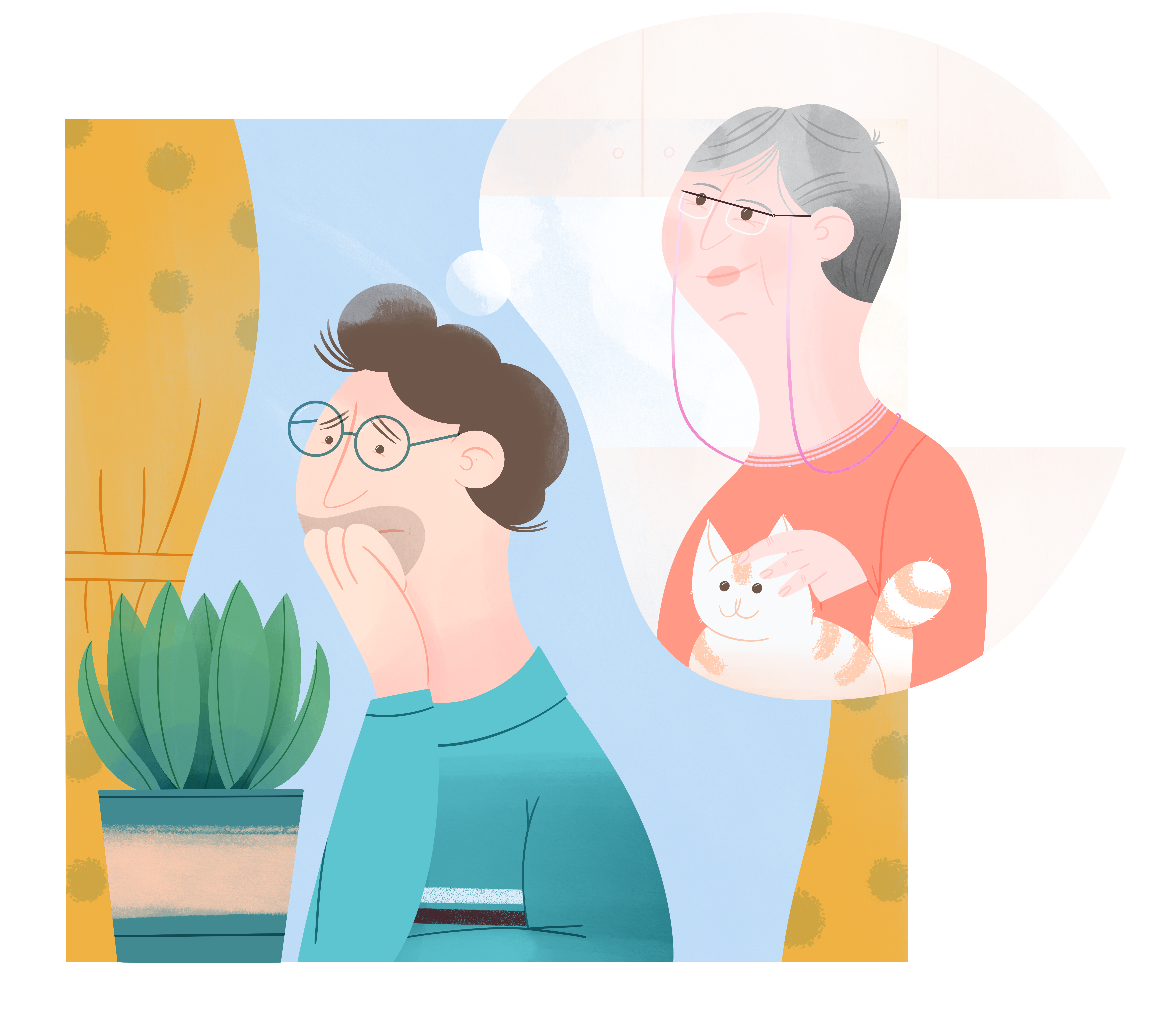Long-term care in the public sector
What is the best way to provide your loved one with a suitable living environment in the public sector?

A family-type resource (RTF) is administered by someone who provides accommodations in their main residence for up to nine adults with loss of autonomy. These people are referred to the RTF by an institution of the health and social services network to provide them with a family-like setting. Lodging, meals, support and assistance services are available at an RTF.
An intermediate resource (RI), administered by a person or entity, offers a natural living environment while providing support and assistance to people with slight to moderate loss of autonomy. There are four types of intermediate resources: supervised apartments, rooming houses, reception homes and group homes.
A public Residential and Long-Term Care Centre (CHSLD) accommodates people with severe loss of autonomy for whom staying at home has become impossible and unsafe. These facilities, funded by the Ministère de la santé et des services sociaux (MSSS), offer the following services: medical care, medication management, personal care, specialized care and recreational activities. Unlike public CHSLDs, the subsidized private CHSLDs are run by a specific owner, who holds a permit granted by the MSSS that allows them to manage a predetermined number of places.
The financial contribution required is calculated by the Service de la contribution et de l'aide financière of the Régie de l'assurance maladie du Québec. Many factors are taken into consideration for this calculation, such as the type of room and the financial capacity of the person applying.
The housing request must be made through the home support service (SAD) or the Age-related loss of autonomy (PALV) program of the CLSC. A social worker will assess the needs and autonomy of the senior to choose the most appropriate housing environment.
Normally, the public housing process is started from the home or private residence of the senior. However, in cases where returning home is not possible due to hospitalization, the housing request can be made from the hospital.
In the event of a medical or social crisis (e.g., burnout, conflict, abuse), an emergency housing request can be made. If the person is not already waiting for public housing, a transit will most likely be granted by the mécanisme d’accès à l’hébergement (MAH) (housing access service).
If the care receiver lives far from their caregivers, the person and their family may decide to initiate an out-of-region housing request. In this case, the mécanisme d’accès à l’hébergement (MAH) of the senior's region sends the request to the MAH of the desired region. Usually, residents of the MAH regions are given priority for public housing, so requests from outside the region often take longer.
The CLSC social worker can provide information on the waiting lists and the person’s priority, but since the waiting lists are constantly changing, it is impossible to predict the wait time. The social worker will notify you when a place becomes available. In accordance with the region's MAH policies, the person may not have the right to refuse the housing or their request will be cancelled.
You can first communicate with the user’s committee of the housing environment, which has a mandate to ensure the respect of residents’ rights and the quality of services. To file a complaint or report a concerning situation, you can contact the Service Quality and Complaints Commissioner for your region. The Centres d’assistance et d’accompagnement aux plaintes are also there to support you through these processes as needed. If you are dissatisfied with the response received from the Commissioner, you can file your complaint with the Protecteur du citoyen [Quebec Ombudsman].
CIUSSS de la Capitale-Nationale. Centres d'hébergement et CHSLD. 2019. [in French]
Index Santé. Les CHSLD publics, privés conventionnés et privés. 2019. [in French]
RAMQ. Accomodation in an intermediate resource. 2019.
Need to talk?
Contact our Caregiver Support Helpline for counselling, information and referrals.
Every day from 8 a.m. to 8 p.m.
Free of charge.